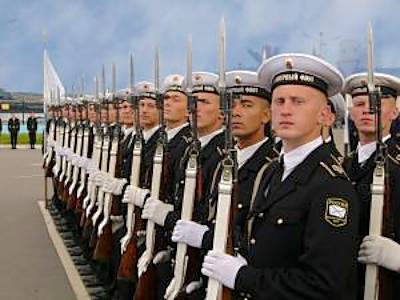BEIJING, Jan. 11, 2011 — Defense Secretary Robert M. Gates believes that U.S. arms sales to Taiwan may evolve into a less hot-button issue in U.S.-China relations.
The secretary expressed his opinion about Taiwan during a roundtable discussion with reporters here today.
The United States sold defensive weapons to Taiwan last year, and the People’s Republic of China suspended all military-to-military contacts with America in response. Gates is here this week, in part, to re-start those contacts.
Chinese officials, Gates said, didn’t say directly that they would again suspend military-to-military contacts if the United States sold weapons to Taiwan again, but it was clear that they consider such sales against their core interests.
Gates, who worked in the White House when President Richard M. Nixon made his historic trip to China in 1972, said he made the American policy clear to his Chinese counterparts. “First of all, we do have a One China Policy. We do consider the policy to be based on the three Joint Communiqués and –- I always add –- the Taiwan Relations Act,” he said.
The Three Communiqués were signed in 1972, 1979 and 1982.
Congress passed the Taiwan Relations Act in 1979, and it is a law and not a policy, Gates said. The law requires the United States to provide Taiwan with defensive weapons and “to maintain the capacity of the United States to resist any resort to force or other forms of coercion that would jeopardize the security, or the social or economic system, of the people on Taiwan.”
Gates stressed that the United States does not support independence for Taiwan. He said both President George W. Bush and President Barack Obama “have been certainly cognizant of Chinese sensitivities and I believe the decisions that have been made have focused on defensive capabilities.”
Gates told Chinese leaders that the United States is not going to change its policies.
“But over time, if the environment changed and if the relationship between China and Taiwan continued to improve, and the security environment for Taiwan changed, then perhaps that would create the conditions for re-examining all of this,” the secretary said. “But that would be an evolutionary and long-term process, it seems to me. I don’t think it’s going to happen anytime soon.
“They made their point and I made mine,” he said.
Source:
U.S. Department of Defense
Office of the Assistant Secretary of Defense (Public Affairs)

 von
von 